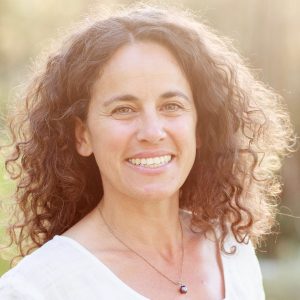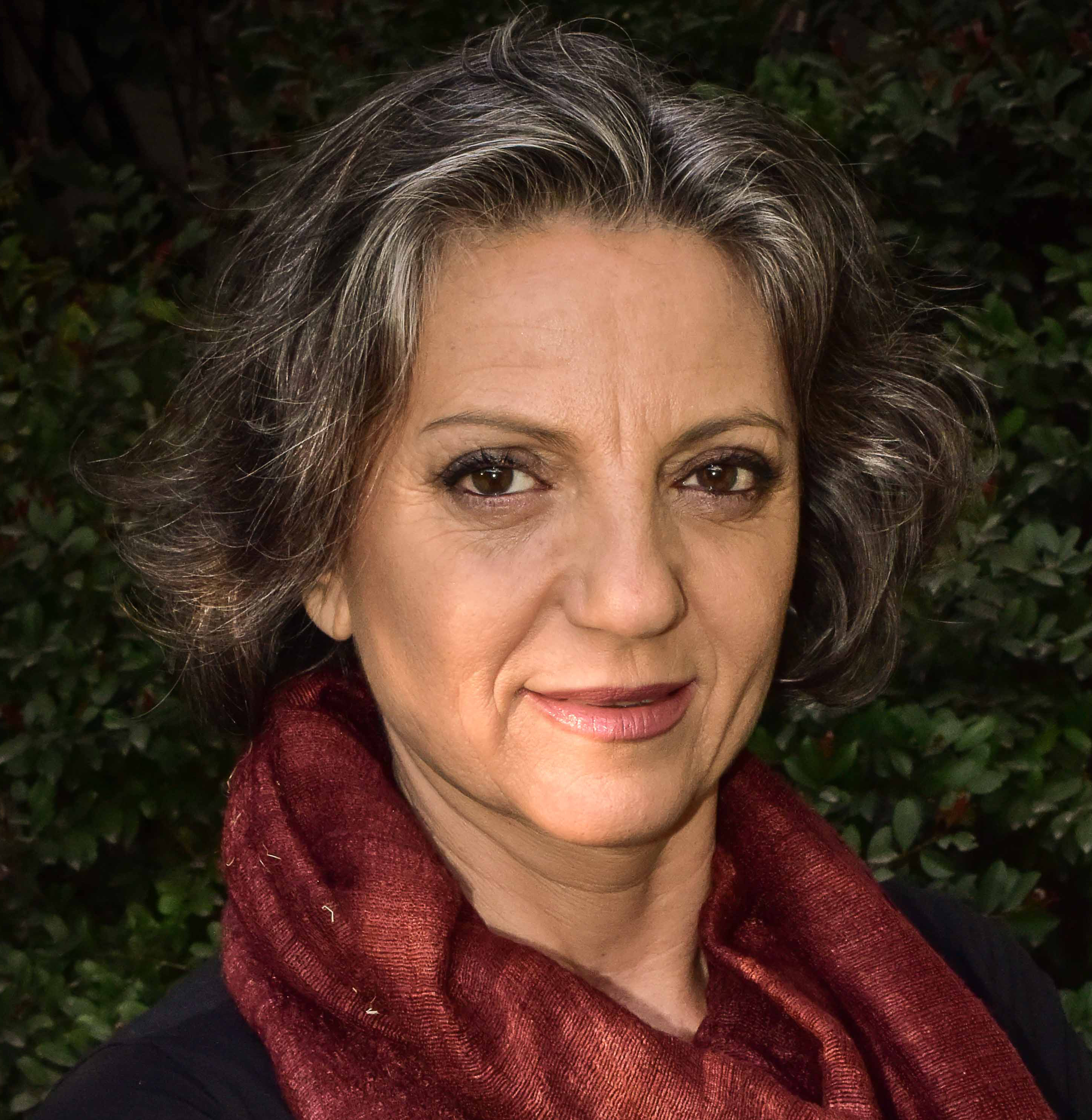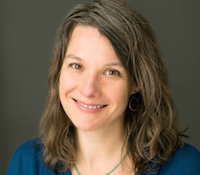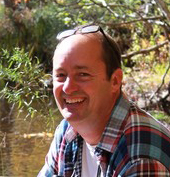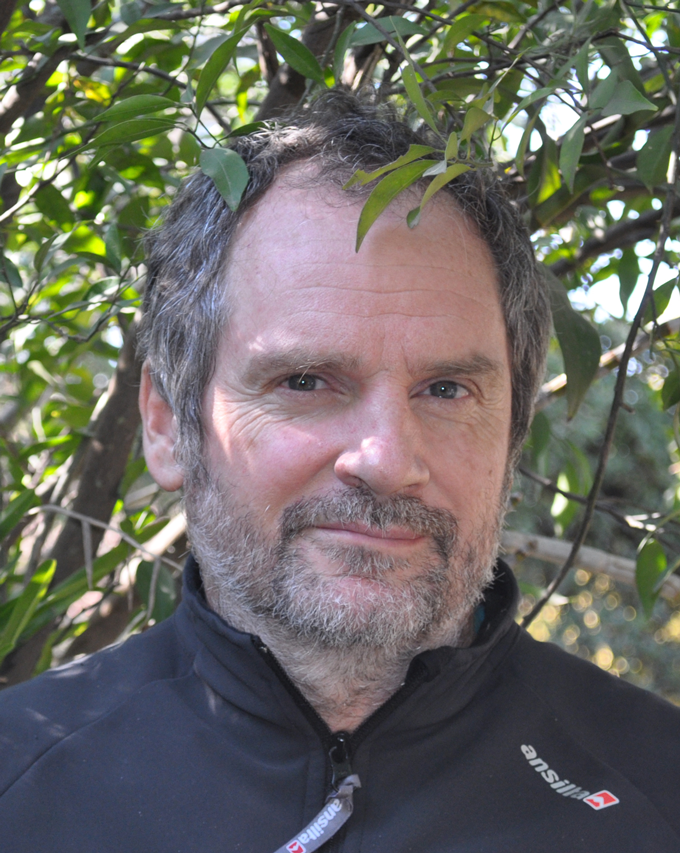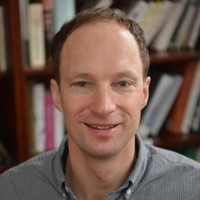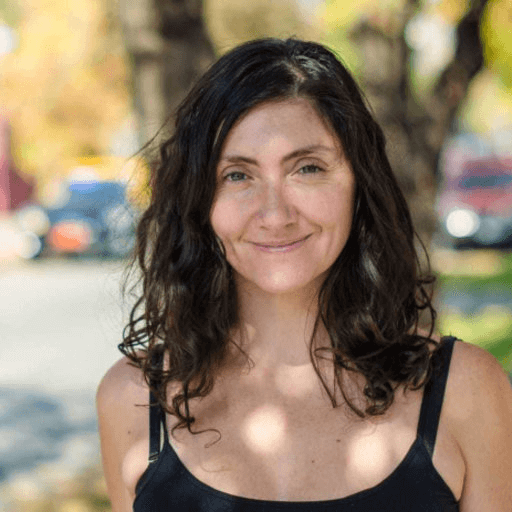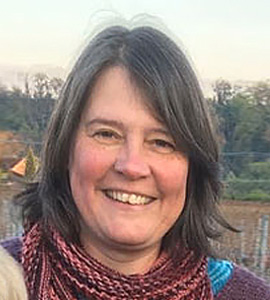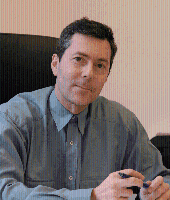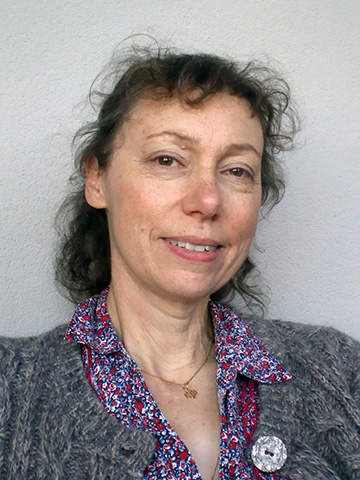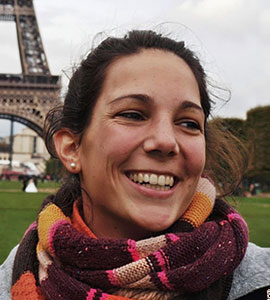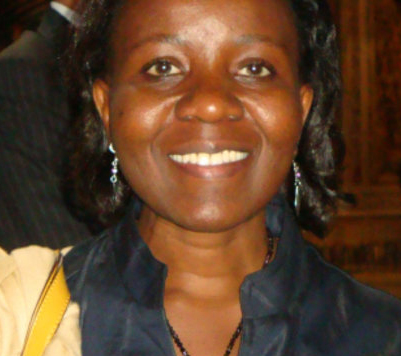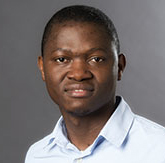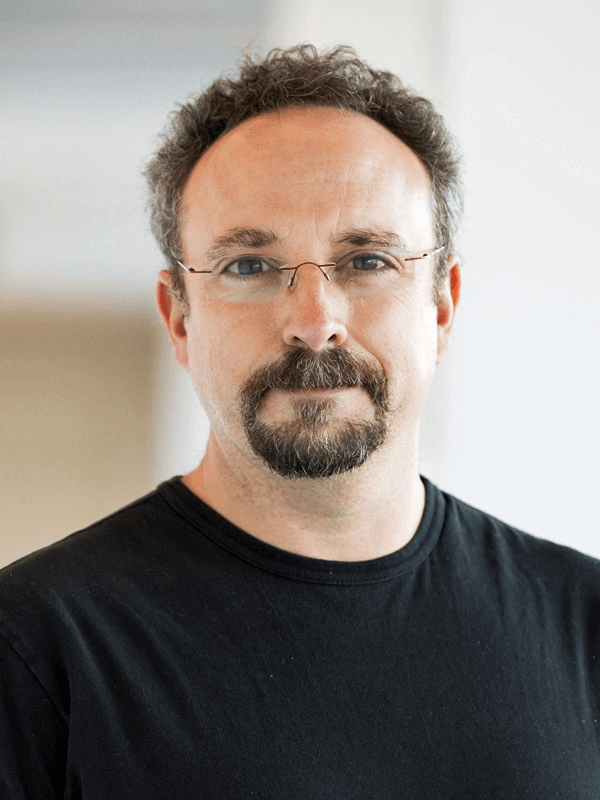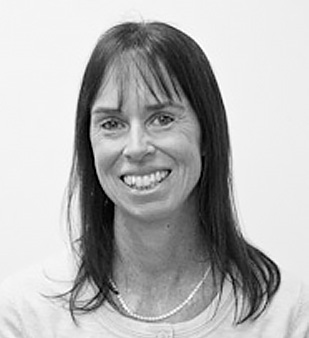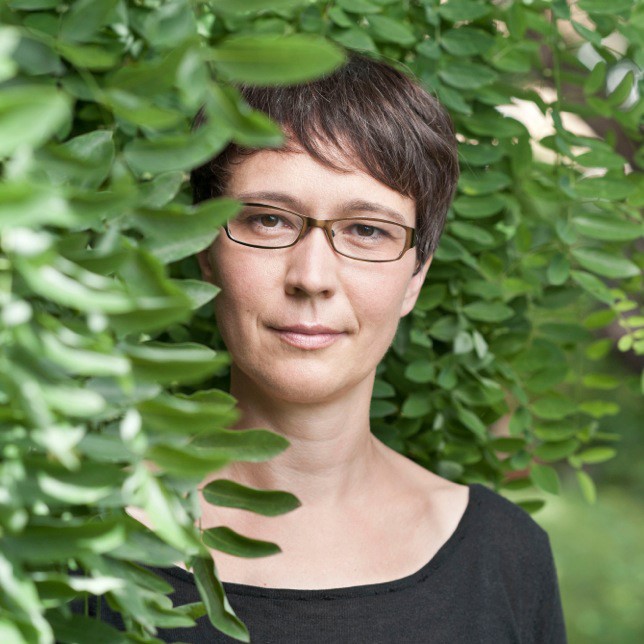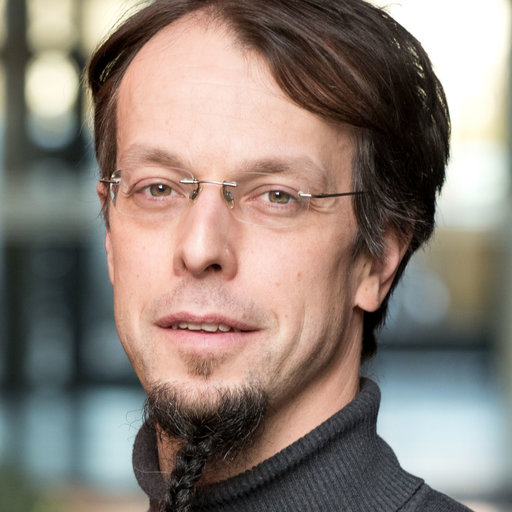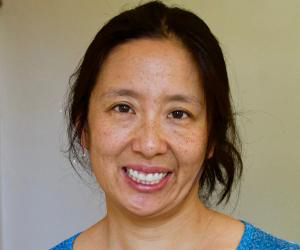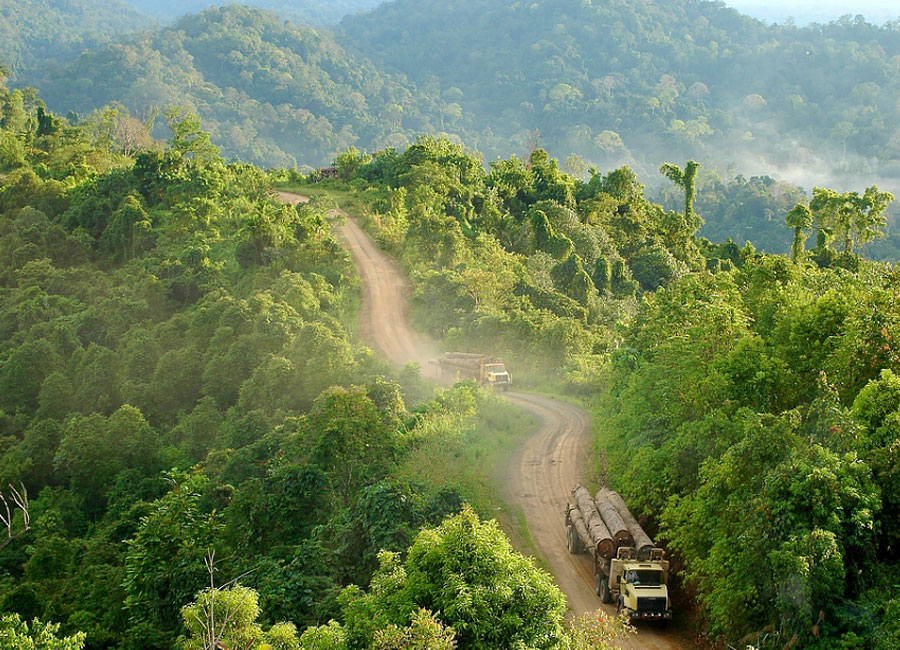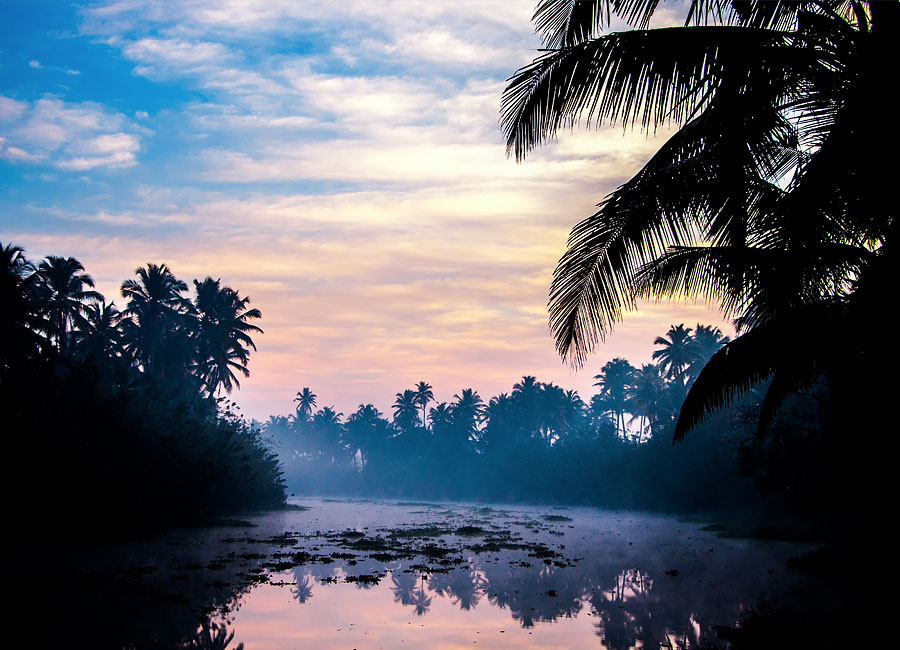Almost everything we eat, drink and breathe is a product of ecosystems and the life forms that inhabit them. Food, safe water, health, the climate system, and a meaningful, enjoyable human life are inextricably linked to them. Yet, ecosystems are being altered and degraded faster than in any period in history, and the variety of life on Earth is declining.
Our Challenge
Cities play an increasingly important role in global sustainability. Occupying less than 2% of the world’s land area, urban areas simultaneously produce most of the world’s waste and GDP. Cities are also complex settlements in which economies, cultures, biodiversity, and infrastructure from public transportation to sewage systems interact in sometimes unexpected ways.
This complexity can make it challenging to understand how actions in one area, such as to improve air quality, might affect another, such as climate. We believe that addressing these complexities requires taking the entire system, both within and beyond cities, into account when generating knowledge. It also requires bringing together people and groups from all walks of life to work together to design and produce solutions that respond to the real-world needs of urban areas across the globe.
How will changes to ecosystems and their biota alter the benefits that human societies need to have a fulfilling life?
The challenge lies in achieving a scientifically-based, sustainable, and fair stewardship of terrestrial, freshwater, and marine natural assets underpinning human well-being. This must be done by:
- Understanding relationships between biodiversity, ecosystems, and their benefits to societies.
- Developing effective management and governance approaches.
The Natural Assets KAN aims at better understanding the functioning of the Earth System in the Anthropocene and it aims at actively contributing to the SDG goal 15: life on land.
Possibilities to partner in the short term
The Natural Assets KAN will be co-designed with the active involvement of parties that share our vision. Therefore, on the basis of the very general foci and challenges expressed above, we encourage all Future Earth Core Projects, Clusters and Fast Track Initiatives as well as the broader research and stakeholder community to contact us to share insight, put forward specific foci for action, and in general join the discussion.
Desired outcomes
The concrete areas of action, as well as their prioritisation, will be developed with the community. The following are tentative examples to illustrate the scale and level of action we envision:
- Synthesis products integrating state-of-the-art findings in the interface between natural assets and key aspects of human wellbeing, such as natural assets & urban sustainability, natural assets & human health, and natural assets & food security.
- Links to the Intergovernmental Platform on Biodiversity and Ecosystem Services (IPBES), in particular in addressing critical knowledge needs they identify.
- “Horizon-scanning” meetings and other activities to identify and catalyse critical thinking and research in emerging fields at the interface between natural assets and other fields of knowledge relevant to sustainable and fair futures.
- New data synthesis efforts.
Development team
The Development Team leads the planning and execution of the initial scoping of the Natural Assets Knowledge-Action Network for a limited time period. The Development Team was appointed in August 2017 and will end its mandate in April 2019.
The Natural Assets KAN Development Team met for the first time in person in April 2018. Read here about the outcomes.

